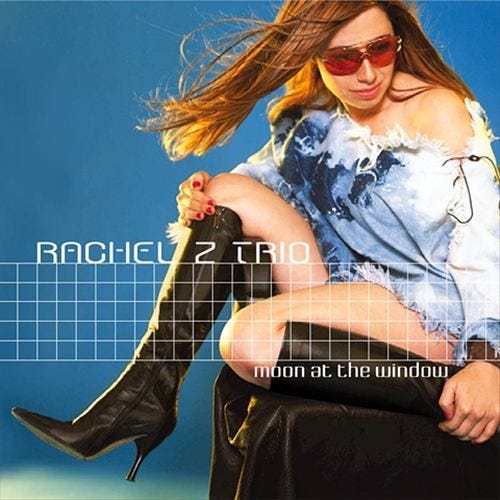Sex, Love & Sensuality In Jazz: An Interview With Rachel Z
It's time to change the conversation
When I taught a Wayne Shorter course last fall, the first guest lecturer I contacted was composer and pianist Rachel Z. Few people know just how closely Rachel worked with Wayne on compositions for his High Life album. Even fewer know that Rachel moved into Wayne’s LA home in the mid-90s, becoming family to…
Keep reading with a 7-day free trial
Subscribe to Call & Response to keep reading this post and get 7 days of free access to the full post archives.




